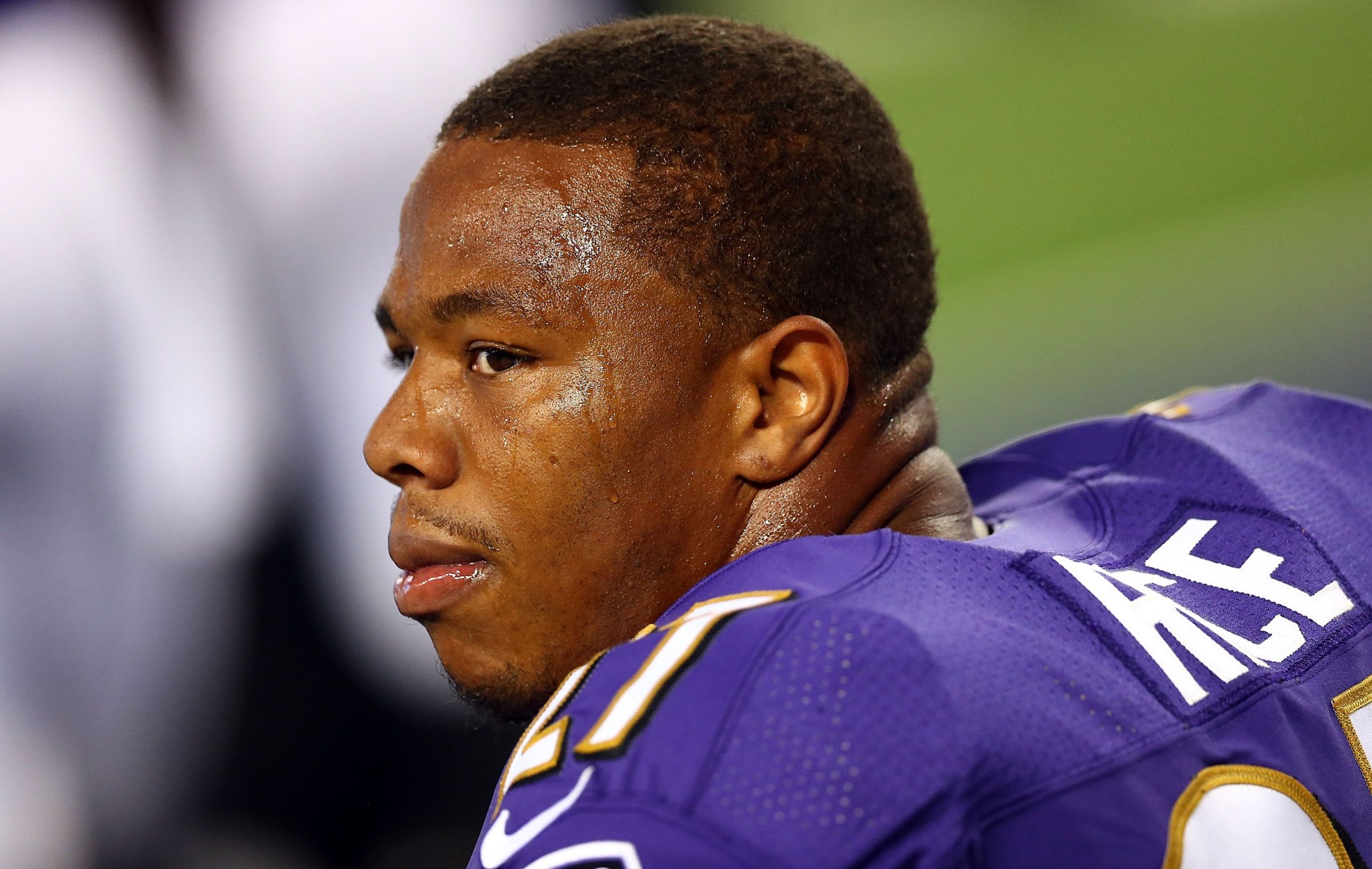
The Boston Red Sox didn’t integrate until 1959. Former NFL defensive end Leonard Little killed a woman while driving, with more than two times Missouri’s legal limit of alcohol in his blood. NHL winger Todd Bertuzzi broke three vertebrae in Steve Moore’s neck with an illegal hit from behind. Prized prizefighter Floyd Mayweather is a serial abuser of women. Donald Sterling, who had been fingered as a racist slumlord in a 2003 housing-discrimination lawsuit, owned the Los Angeles Clippers for more than 30 years.
And just look where we are now. Forbes says the Red Sox are the third most valuable team in baseball. Little earned more than $30 million in salary after the manslaughter, despite another DUI arrest. Bertuzzi drew more than $30 million after his misdeed, too. Mayweather has earned $72 million for his last two fights. And Sterling, after an audiotape surfaced containing his vulgar thoughts on black people, was forced to sell the Clippers, a perennial loser until only recently, for $2 billion, 160 times what he paid for the team. The moral arc of professional sports is long, but it bends toward profit.
The list goes on. Professional sports have long lagged behind the rest of society in recognizing opportunities for inclusion and reprimanding behavior worthy of scorn. And when the leagues finally do get around to punishment, the punishment is often cynically motivated or ethically untenable itself. Think, for instance, of Major League Baseball’s decision to pay off a drug dealer to tarnish superstar Alex Rodriguez.
It’s a little odd, then, that upon TMZ’s revelation of security-camera footage Monday morning showing Baltimore Ravens running back Ray Rice knocking out Janay Palmer, his then-fiancée (now-wife) in an elevator, most every pundit has resumed his or her criticism of NFL commissioner Roger Goodell.
In July, Goodell decided to suspend Rice two games in 2014 after surveillance video, published by TMZ in February, showed Rice dragging an unconscious Palmer from an elevator. (Whether the NFL saw the tape released Monday, which shows the left hook that knocked Palmer’s head to the elevator handrail, or only the tape released in February when deciding on its Rice suspension is another—murky—matter.) That brief suspension faced so much scorn that Goodell, a month later, announced a new policy promising an automatic six-game suspension for a first domestic-violence offense, and a permanent ban (albeit with the possibility of reinstatement) for a second one. Why announce a policy instead of simply issuing stricter suspensions in the future? You shift the narrative, change the optics, whatever it is the image consultants call it.
Goodell, with the help of those same image consultants and a pliant press, has indeed succeeded at fashioning himself into a man of great conviction, a leader for tough times, an arbiter and possessor of high moral authority. Little could be further from the truth: A man of high moral authority would not draw $44 million in salary as the CEO of a registered nonprofit that exists solely to promote bloodsport. Goodell is Don King with better hair. You’re better off taking communion from Jean-Claude Van Damme than looking to the NFL for moral guidance. For today’s NFL exists in a moral abyss, buying off its players’ bodies and brains, branded to high heaven by Bud Light and Bose.
Yet it’s this organization, and this man, we lean on to do something about the nationwide scourge of domestic violence? By extending one player’s suspension from competition? To put pressure on Goodell to act is to play right into his so-called iron fist.
Witness the good press the NBA and its new commissioner Adam Silver have received for Sterling’s banishment. It’s not hard to imagine that the Sterling success prompted the league to usher out Atlanta Hawks owner Bruce Levenson for much less odious behavior, which was essentially the profit-minded suggestion, in an internal email revealed Sunday, that many Southern whites don’t like black people. Yet it is hard to imagine that the commissioner’s office—which then included Silver as its COO and President of NBA Entertainment—produced no similar emails in 2005 when it decided to hire ex-Bush strategist Matthew Dowd to appeal to white America. Soon afterward, the league (with Silver now as its deputy commissioner) adopted dress codes on and off the court, banning jewelry and shooting sleeves and all manner of garb that might conjure a vision of Allen Iverson.
The NBA is winning praise (and facing no criticism) for fighting a tacit racism it funded and nurtured less than a decade ago. Writers are looking to an empty NFL suit to help solve a real crisis. This state of affairs illustrates an ugly tension in modern, decadent American culture: Professional sports are awfully poor vehicles for social change, but an awfully large number of smart people consider them the best ones we’ve got.
More Must-Reads From TIME
- The 100 Most Influential People of 2024
- Coco Gauff Is Playing for Herself Now
- Scenes From Pro-Palestinian Encampments Across U.S. Universities
- 6 Compliments That Land Every Time
- If You're Dating Right Now , You're Brave: Column
- The AI That Could Heal a Divided Internet
- Fallout Is a Brilliant Model for the Future of Video Game Adaptations
- Want Weekly Recs on What to Watch, Read, and More? Sign Up for Worth Your Time
Write to Jack Dickey at jack.dickey@time.com